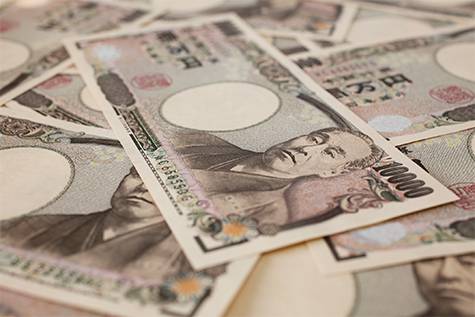The US dollar fell on Thursday after President Donald Trump signed an agreement to end the government shutdown, while the Japanese yen dropped to a record low against the euro following comments from Japan’s new prime minister, Sanae Takaichi, who said she prefers the Bank of Japan to take a slower approach to raising interest rates.
At the same time, the British pound briefly touched a session low before partially recovering, after a report showed that the UK economy barely expanded in the third quarter.
The Australian dollar, meanwhile, reached its highest level in two weeks, supported by official data showing a sharp decline in unemployment from a four-year high, reducing the likelihood of further interest-rate cuts.
Currency markets brace for volatility as delayed data returns
Markets are expected to see increased volatility in the coming days as a series of delayed US economic releases resumes following the end of the prolonged government shutdown late Wednesday. However, the White House said that the October jobs report and consumer-price index may not be released at all.
Michael Brown, chief market strategist at Pepperstone, said: “For now, markets are correctly focused on the fact that resolving the congressional gridlock removes a significant layer of uncertainty and lifts a major drag on growth.”
Yen hits historic lows against the euro and dollar
The Japanese yen hit a record low of 179.805 against the euro on Thursday before recovering slightly to 179.51. It also weakened to 155.02 against the US dollar, coming close to Wednesday’s low of 155.05, a level last seen in early February, before trading at 154.53 in the European session as the dollar slipped 0.17 percent on the day.
Prime Minister Takaichi said on Wednesday that her administration prefers interest rates to remain low and emphasized the need for close coordination with the Bank of Japan.
That same day, Finance Minister Satsuki Katayama issued another verbal warning against the yen’s rapid and excessive weakness as it approached 155 per dollar, pointing to “unilateral and fast movements in the foreign-exchange market.”
Weak yen may force the Bank of Japan to act
The yen’s weakness could push the Bank of Japan to raise interest rates next month. Traders are pricing in a 22 percent probability of a quarter-point rate increase in December, rising to 43 percent by January.
Norihiro Yamaguchi, economist at Oxford Economics, said: “The yen’s weakness likely heightens government concern because it risks triggering a renewed surge in food and energy inflation.”
He added that “the exchange rate has become a decisive factor in the government’s political survival,” noting that to ease the pressure on the yen, the government may eventually have to accept a rate hike by the Bank of Japan.
Pound fluctuates as weak growth data emerges
In Europe, the British pound rose 0.24 percent to 1.3164 dollars after briefly falling to 1.3102 dollars following official data showing that the UK economy barely grew in the third quarter, partly due to a cyberattack in September that disrupted economic activity.
The data confirmed a slowdown in economic momentum ahead of next week’s budget, which finance minister Rachel Reeves is expected to accompany with a series of tax increases.
The euro trimmed overnight losses and rose 0.3 percent against the dollar to 1.1627 dollars, its highest level since late October.
Australian dollar supported by strong labor market
In Australia, traders cut the probability of a December rate cut to just 6 percent after strong data earlier this week.
Thursday’s labor-market report showed a significant increase in employment in October, driven by gains in full-time jobs, easing concerns about a severe slowdown in the labor market.


